Driving with impaired faculties leads to serious consequences.
Refusing to blow into the breathalyzer, on the other hand, leads to just as important consequences! In fact, such a refusal to obey the police's orders can come with even more serious consequences than a drunk driving offense.
So, what is the impact of a conviction for refusing to submit a breath sample to a police officer in a drunk driving context?
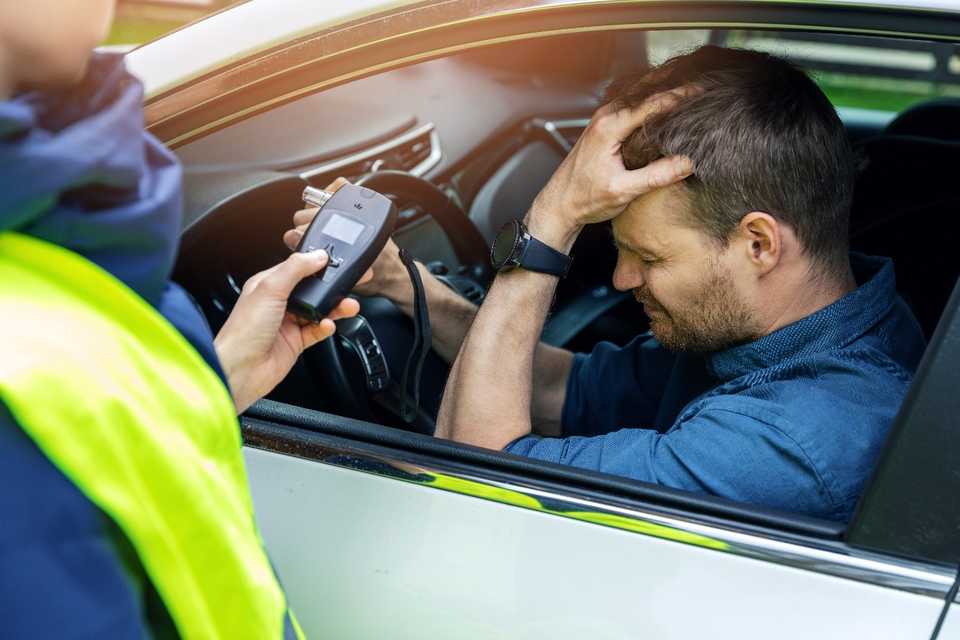
JuriGo explains all the details of such an accusation in the following lines. Additionally, we present the main means of defense that can be raised to extricate you from the charge filed against you.
All you have to do to be referred to a lawyer is to fill out our form, and we take care of putting you in contact for free with a specialist in drunk driving offenses in your area!
Charge of refusing to blow into the breathalyzer: what you need to know!
What does the offense of "refusing to blow" or comply consist of?
In Quebec, police officers who intercept a vehicle have the right to administer a breathalyzer test and ask for a breath sample from the driver if they suspect he is driving under the influence of alcohol. Know that this request from the police is not a suggestion, but indeed an order that must be followed.
The refusal to comply with this order and to take the breathalyzer test is therefore an offense under section 320.15 of the Criminal Code. And just like the offense of drunk driving, the refusal to blow into the breathalyzer comes with the imposition of a fine, consequences on the criminal record and the driver's license.
Here are the elements that will have to be proven by the prosecution to obtain a guilty verdict against the defendant:
1) The order to blow into the breathalyzer was given to the defendant.
2) Reasonable grounds exist to suspect the defendant of having consumed alcohol.
3) The accused person drove his vehicle within the 3 hours preceding the arrest.
4) The defendant refused to blow into the breathalyzer, despite the orders of the police.
5) The accused had the intention to refuse to blow or to not comply
The intention to refuse to blow or to disobey a peace officer is an element that must absolutely be proven, because a crime is not one in the absence of the guilty mind of the accused. So there are defenses against such a charge!
See below the different defenses to invoke against a charge of refusing to comply with a peace officer!
When can a police officer demand a breath sample?
In Quebec, the law ensures that not all circumstances justify demanding a breath sample.
The Criminal Code states word for word that the police officer must have "reasonable grounds" to suspect that the driver is intoxicated to demand a breath sample. However, this requirement for reasonable grounds is no longer required since 2018!
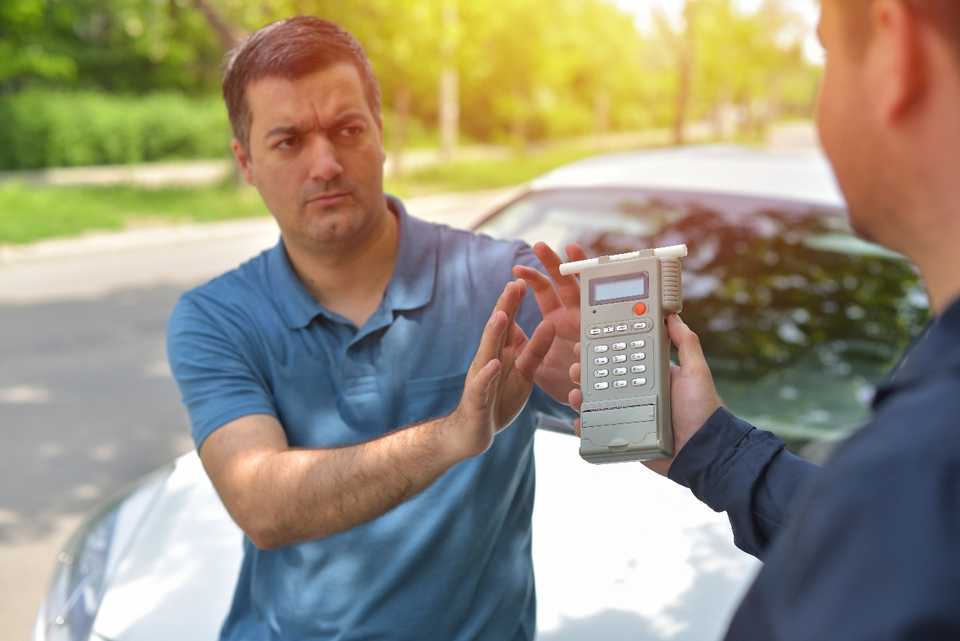
Thus, police officers who have an ADA in their possession can demand a breath sample, even without symptoms of intoxication. This means that the accused who is stopped on the side of the road must blow into the police officer's detection device without delay when ordered to do so.
The police officer who intercepts the driver also has the right to take him to the station to administer a more precise breathalyzer test.
What are the consequences of refusing to take a breathalyzer test?
A person found guilty of refusing to blow faces the most severe consequences of a drunk driving offense.
Indeed, although some refuse to blow into the breathalyzer in hopes of escaping the consequences, the exact opposite happens, because the punishment imposed is even more severe than in the case of a first drunk driving offense.
Here are the consequences of refusing to blow or comply for a 1st offense!
The criminal record
Being found guilty of refusing to blow into the breathalyzer means that the driver now has a criminal record. This could impact his employment situation, his ability to travel and several other aspects of his life.
The $2000 fine
The minimum fine for a first drunk driving offense (less than twice the legal alcohol limit) comes with a minimum fine of $1000. If the driver is found guilty of refusing to blow, this fine instead goes up to $2000!
Vehicle Seizure
Following a refusal to blow into the breathalyzer, the driver's vehicle is automatically seized for a period of 30 days. All towing, storage and other costs are charged to the same driver. The duration of the seizure will also be extended to 90 days if it is a case of recidivism.
Driver's License Suspension
By refusing to blow, the driver's license is suspended for a period of 90 days. This is an administrative sanction that applies automatically.
What do the consequences of refusing to blow or comply look like if it is a second offense?
For a repeat offense involving drunk driving or refusal to obey a peace officer, one should expect minimum imprisonment sentences of 30 days, and even 120 days in case of multiple recidivism.
JuriGo has taken the time to summarize here the various penalties related to the offense of refusing to blow in a situation of impaired driving.
Table of penalties for refusal to comply or blow in the breathalyzer!
The fight against drunk driving has had the effect of tightening the grip on drunk drivers.
This comes with an impact on the severity of fines and prison sentences imposed on individuals who fail to submit to an alcohol screening test required by a police officer.
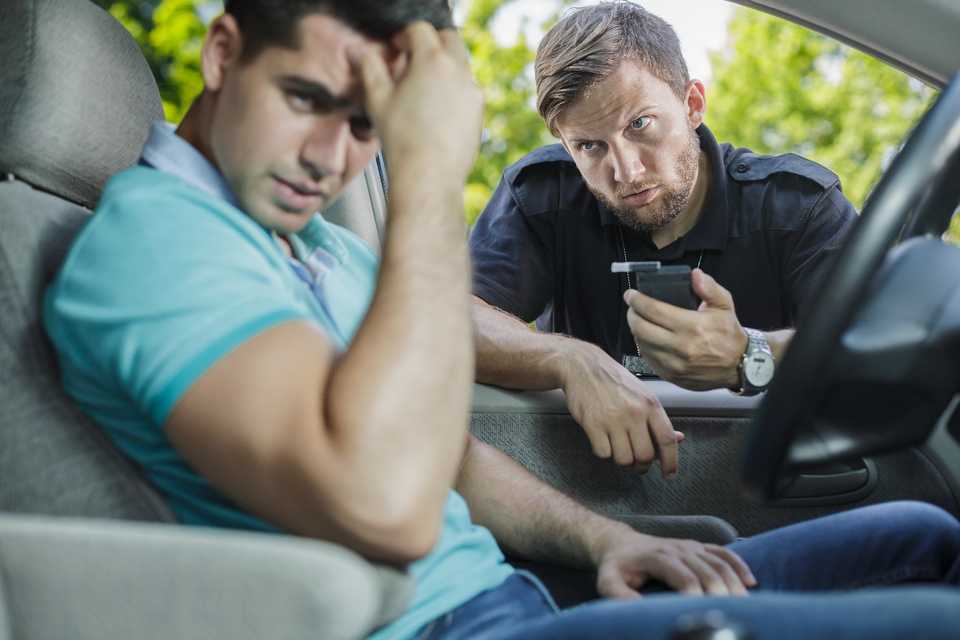
Here is a brief summary of the penalties incurred for the commission of an offense of refusing to blow!
| First offense | Fine of 2000$ | Driving ban of 1 year (Criminal sanction) License revocation for 3 years |
|---|---|---|
| Second offense | 30 days of imprisonment | Driving ban of 2 years |
| Third offense | 120 days of imprisonment | Driving ban of 3 years |
The installation of a breathalyzer ignition interlock for 2 years can be required from the first offense!
This interlock will force the driver to blow into a breathalyzer before taking the wheel to check the blood alcohol level. The presence of alcohol in the blood must be completely zero!
The person found guilty of refusing to blow into the breathalyzer can also be forced to adhere to the Impaired Driving Risk Assessment and Reduction Program! This program aims to educate and assess the likelihood of the driver reoffending. In some cases, the completion of this program can take several months.
Obviously, to these criminal consequences are added administrative consequences such as the suspension of the license, the seizure of the vehicle and significant fees to be paid to recover the license.
Examples of situations that constitute a refusal to blow into the breathalyzer!
Refusing to blow is an offense that can be clear and explicit.
A person can simply say "no" to the police after being asked to blow into the breathalyzer, which will constitute a pure and simple refusal. However, not all refusal situations are as clear.
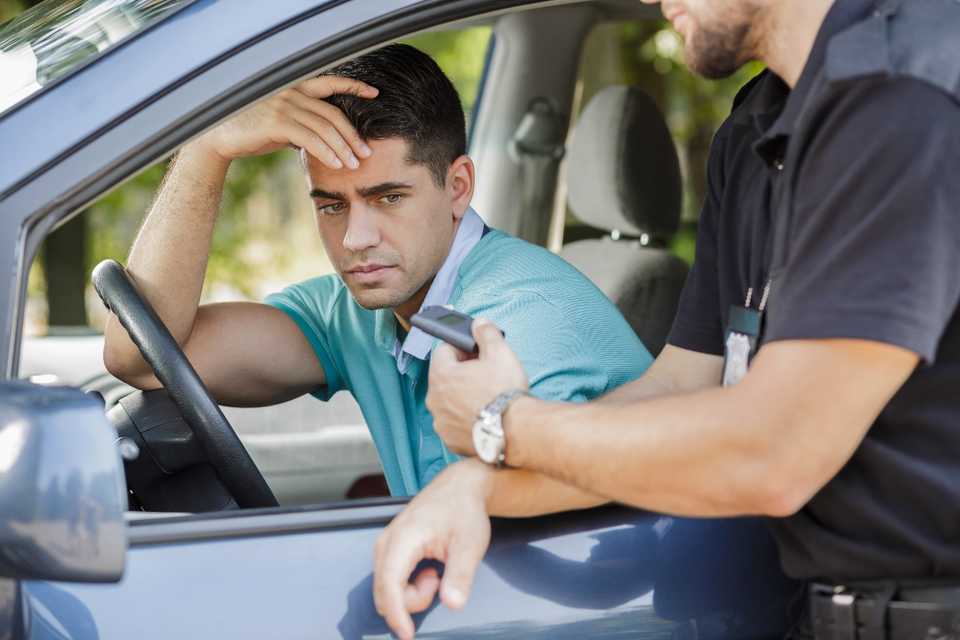
Here are some scenarios that could constitute a refusal to blow!
Pretending to blow into the breathalyzer
A person who pretends to comply by not blowing hard enough or long enough can be charged with refusing to obey a peace officer.
Refusing to provide a second sample after a first attempt
Having blown into the breathalyzer for the first time does not justify refusing to do it a second time if the first test did not work. Acting in this way can once again constitute a refusal!
The outright refusal to blow
Obviously, not submitting to the breathalyzer by stating a clear and unequivocal refusal will constitute a failure to comply.
Defenses against a charge of refusing to blow or comply!
Refusing to comply with the orders of a peace officer is a serious act.
What you need to remember is that there are defenses against such a charge. The criminal lawyer is the most qualified professional to help you develop a solid and complete defense!
Here are the main defenses to exonerate yourself from such a charge!
Health condition
A person suffering from asthma, respiratory problems, or another health condition could have a valid defense for not blowing into the breathalyzer. However, they could still be found guilty of driving while impaired.
Violation of the defendant's fundamental rights / Non-compliance with police procedures
Abusive searches, non-compliance with deadlines and judicial procedures as well as the violation of the defendant's fundamental rights could serve as a defense to exonerate him from a charge of refusal to comply.
Non-compliant detection device (A.D.A.)
The device (breathalyzer) used by the police must be an approved detection device (ADA). If a device that does not meet the legal requirements was used to collect the breath sample, this evidence could be excluded.
What price will you pay for your criminal lawyer's services?
Defending against a drunk driving charge comes with a price!
In addition to lawyer's fees, it will be necessary to pay a fine and administrative fees to the SAAQ to recover the license. And that's not to mention the vehicle towing fees if it is seized!
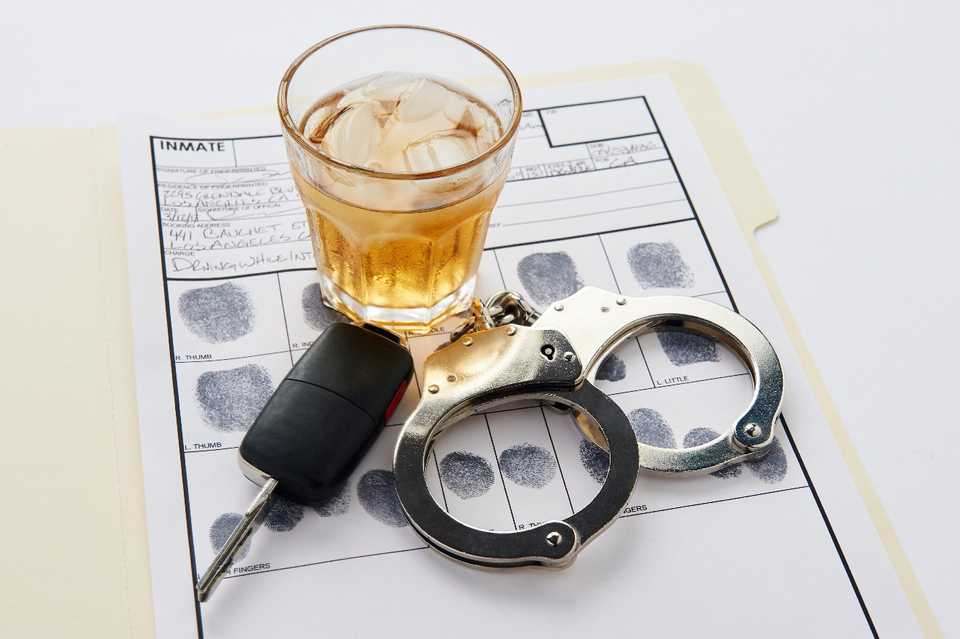
As costs quickly skyrocket, it is important to find the right price for the services of a criminal lawyer .
Need a lawyer for a charge of refusal to blow or comply? Here is an overview of the costs!
| Criminal lawyer hourly rate | $250 to $300 |
|---|---|
| Criminal lawyer consultation | Between $1000 and $1500 |
| Average price for drunk driving case | From $5000 to $10,000 |
What factors will influence the cost of settling a case for a charge of refusal to blow?
The complexity of your case and the argument developed by your lawyer will have an impact on the extrajudicial fees to be paid. However, the biggest factor in price increase will be whether you are declared guilty or not guilty.
Indeed, a guilty verdict means that you will have to pay the minimum fine of $1000, the costs of installing the breathalyzer, and even, the costs of the evaluation carried out by the SAAQ.
Put all the odds on your side to get a guilty verdict, and contact JuriGo to discuss with a lawyer qualified in drunk driving.
Find the right lawyer to defend you with the help of JuriGo!
A conviction for an offense related to drunk driving leads to significant consequences, and sometimes even permanent ones.
The importance of hiring an experienced criminal law lawyer should not be underestimated! And JuriGo is here to connect you with such professionals in just a few clicks!
Defend yourself against your drunk driving offense by filling out our form.
We will then be able to refer you to the right lawyer, all without any commitment on your part!